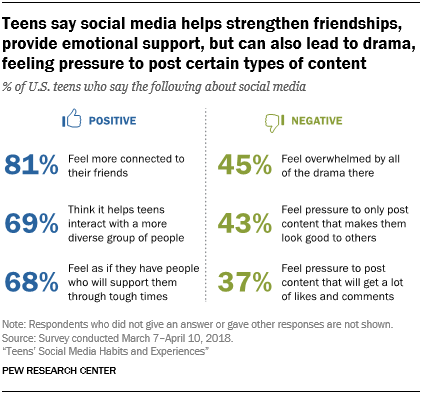This web site supports Dr. Russell Sabella's work on educating children, parents, educators and other stake holders about the responsible use of technology. Included in these pages you will find helpful resources, lesson plans, links, and more.
Labels
cyberbullying
(191)
parents
(156)
social networking
(152)
safety
(144)
resources
(138)
reputation
(132)
support
(92)
monitoring
(78)
Bullying
(71)
privacy
(64)
training
(64)
sexting
(63)
research
(58)
reports
(51)
texting
(44)
gaming
(35)
facebook
(34)
StandUp
(32)
reporting
(25)
suicide
(20)
app
(18)
harassment
(18)
events
(17)
job
(2)
jobs
(2)
Thursday, January 24, 2019
Tuesday, January 15, 2019
Special issue on bystanders in online aggression published
|
|||
|
Saturday, January 12, 2019
Subscribe to:
Posts (Atom)


